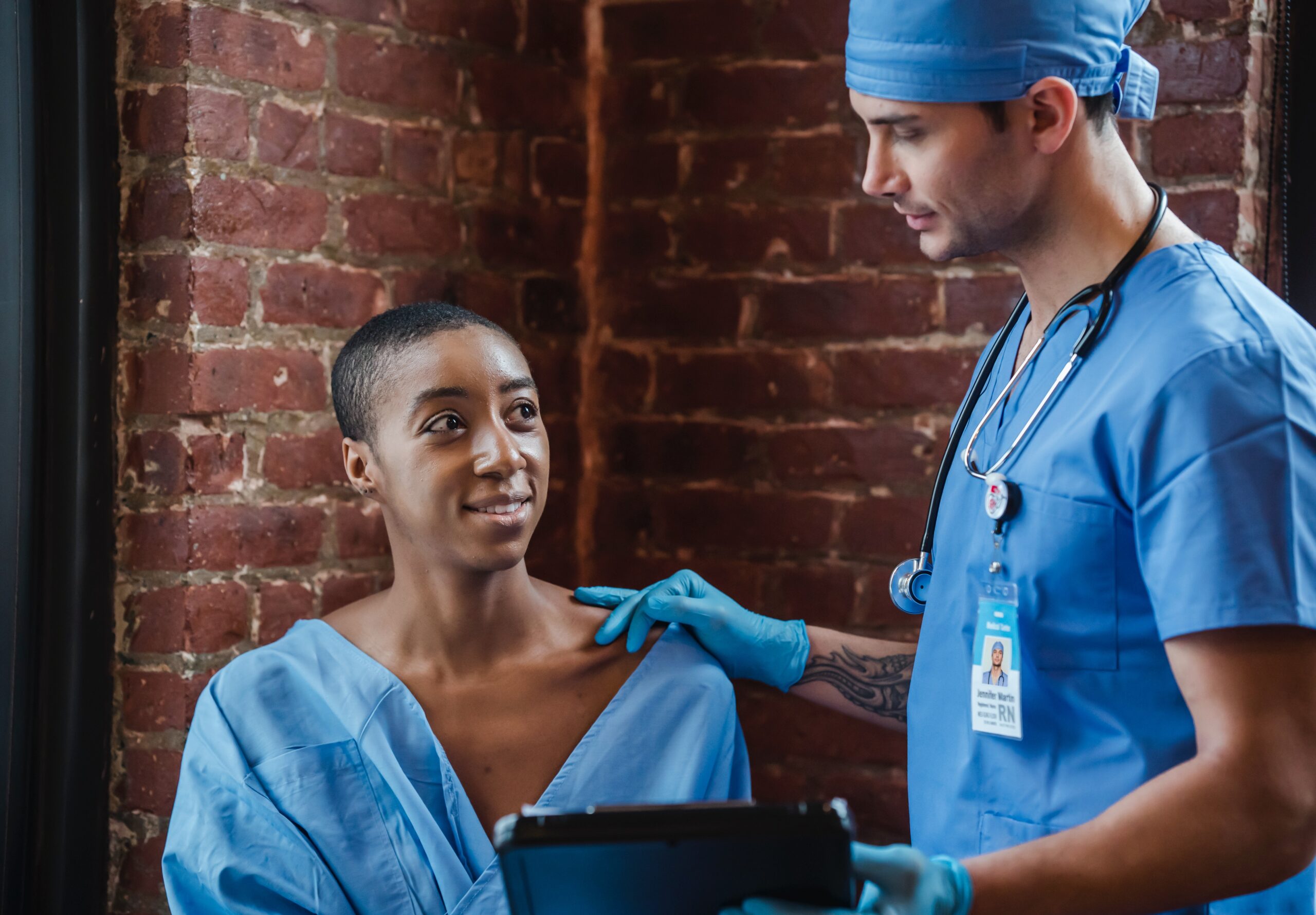It’s so easy for day-to-day life to sometimes get in the way of taking care of yourself. This is your reminder to stop putting your health on the backburner. Carve out time, at least once a year, for preventive health exams. There are a number of different health screenings women should take annually to check on problems they can feel and those that they can’t. If you take a look at your health insurance plans, you may find that some of these preventive maintenance exams come at little or no cost to you. The tests are key for early prevention or detection of illnesses and could save your life.
Pelvic Exam
This health screening checks the function of a woman’s vagina, uterus, ovaries and other reproductive organs. How often a woman completes this exam depends on the doctor. Most healthcare professional require patients to have a pelvic exam every year, starting by age 21. This testing can help address any symptoms you are having with one of those reproductive organs. It also checks for sexually transmitted infections. According to the Centers for Disease Control and Prevention, HIV testing should also be included in regular healthcare checkups. Gynecologists and some primary care physicians can perform this exam.
Cervical Cancer Screening
This isn’t an annual exam but should be included in routine wellness visits at some point. Medical studies say Black women are more likely to be diagnosed with and die from cervical cancer. This type of cancer is found through human papillomavirus (HPV) testing as well as the pap test. It’s important to note that a pap test is not the same as the earlier mentioned pelvic exam. According to the National Cancer Institute’s May 2024 update, women should receive their first pap test by age 21. Women who are 21 to 29 years old should then be tested every three years. Women between the ages of 30 to 65 should test every 5 years for HPV. A pap test should be done every three years. Women over 65 should discuss whether this is needed with their doctor.
Mammogram
Mammogram testing is done to detect breast cancer. This cancer affects about 12 percent of Black women. Usually, doctors recommend mammograms for women ages 40 and up. Women who may be at risk of breast cancer, however, may be asked to screen before turning 40 years old. Outside of regular checkups, a mammogram may be specifically suggested when a woman feels any abnormalities in her breasts.
Blood Work
Often times you aren’t always aware of internal problems, because they aren’t associated with pain. One of those problems could be high blood pressure. It is known as a silent killer. Getting your blood pressure checked can protect you from illnesses like heart disease and stroke. Having your blood drawn for special tests is also necessary. Blood tests can check levels for your good and bad cholesterols, potassium, glucose, calcium and more.
Eye Exam
This may be one of the less common health screenings. Women who already need glasses or contact lenses are usually going to their routine eye exam appointments. Even those of you who have 20/20 vision you should still consider visiting an eye doctor periodically. This is especially important for people who start to experience blurred vision or floaters that haven’t always been there. Ophthalmologists say eye exams have the ability to detect other serious health issues like diabetes, vitamin a deficiency, and event STIs.
Dental Exam
Who doesn’t want a mouth full of pearly white teeth? Going to the dentist is vital for good oral health. Often, people with dental insurance are offered at least two free cleanings per year. These bi-annual exams help lay the foundation to healthy teeth, gums and tongue. You can also be diagnosed with and treated for any dental-related problems like the need for braces.
